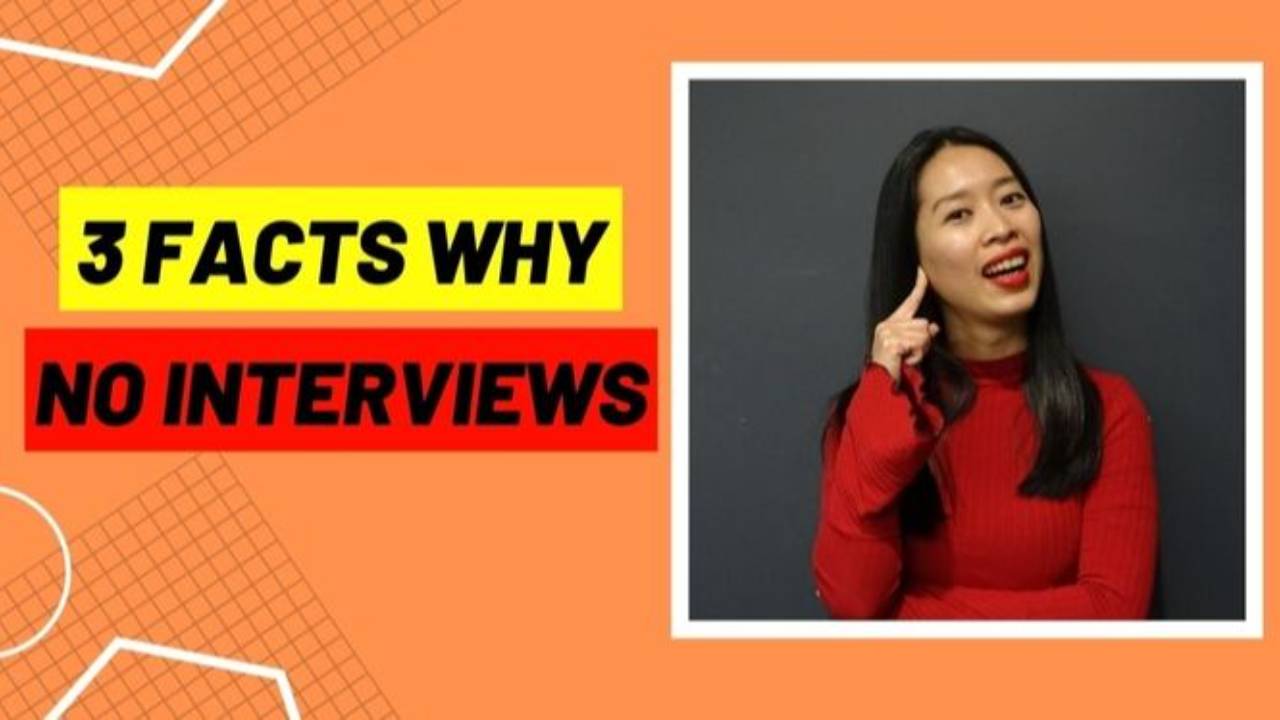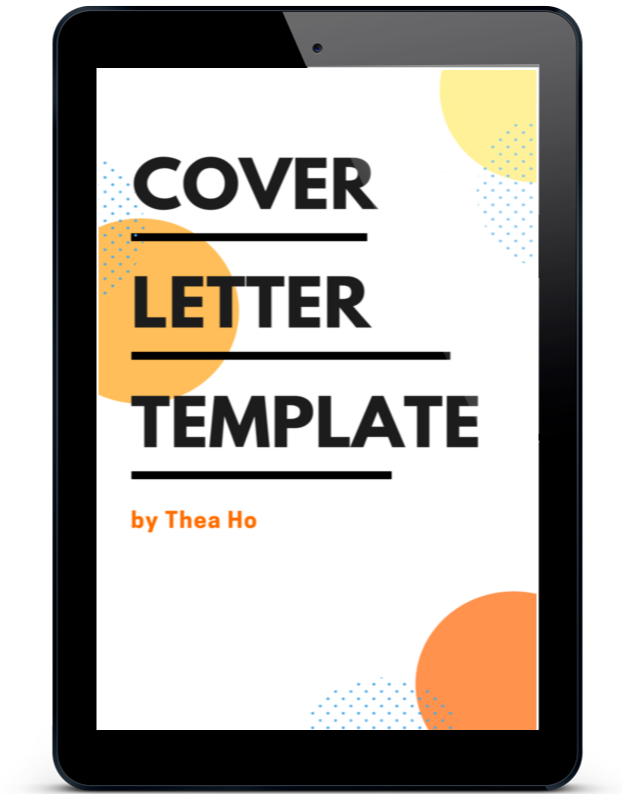Resume Tips — 3 Reasons You’re Not Getting Interviews (and How to Fix Them)

If you’ve been sending out job applications but hearing nothing back, you’re not alone. Many international students, recent graduates, and migrants face the same challenge — even when they have strong qualifications. In most cases, the problem isn’t your skills, but how your resume presents them.
Your resume is often your first (and sometimes only) chance to impress an employer. In this article, we’ll cover three of the most common reasons resumes get rejected, and exactly how to fix them so you can start landing interviews.
1. Your Resume Isn’t Tailored to the Job
One of the biggest mistakes job seekers make is sending the same resume to every employer. Hiring managers can instantly tell when an application is generic, and Applicant Tracking Systems (ATS) will filter out resumes that don’t match the specific keywords in the job description.
To fix this, carefully read the job ad and note the skills, qualifications, and keywords it mentions. Then, adjust your resume so it reflects these — using the same wording where appropriate. This doesn’t mean making up experience, but it does mean highlighting the most relevant parts of your background for each role.
Example: If the role asks for 'project coordination' and you’ve managed events or group assignments, describe your role as 'coordinated multiple projects' rather than just listing 'organised events'.
2. Your Resume Isn’t Optimised for ATS
Most employers use Applicant Tracking Systems to filter resumes before they’re ever seen by a human. If your resume isn’t formatted in a way the ATS can read, it may be rejected automatically.
To improve your chances:
- Use a simple, clean layout without text boxes, images, or unusual fonts.
- Include clear section headings like 'Work Experience', 'Education', and 'Skills'.
- Avoid headers and footers for important information.
- Save your resume as a Word document (.docx) or PDF if the job posting allows.
An ATS works like a search engine — it scans your resume for keywords that match the job description. If the keywords aren’t there, or the system can’t read your formatting, your application may never reach a recruiter.
3. Your Resume Focuses on Duties, Not Achievements
Many candidates simply list the tasks they performed in previous jobs — but employers want to know what you achieved. A duty might be 'Managed customer inquiries', but an achievement would be 'Resolved 95% of customer inquiries within 24 hours, improving satisfaction scores by 20%'.
To turn duties into achievements:
- Use action verbs like 'increased', 'reduced', 'led', 'developed'.
- Quantify your results wherever possible.
- Show how your work made a positive impact on the company, team, or customers.
Employers hire based on the value you can add, not just the tasks you’ve done.
Extra Resume Tips for International Students and Migrants
If you’re applying for jobs in Australia, remember that local resume expectations may differ from your home country. For example, Australian resumes generally don’t include photos, date of birth, or marital status. Focus on relevant skills and achievements, keep your resume concise (two to three pages for experienced candidates, one to two for graduates), and always proofread for spelling and grammar.
It’s also worth asking a mentor, career coach, or trusted professional to review your resume. A fresh set of eyes can catch errors you’ve overlooked and give honest feedback on whether your resume sells your strengths.
Get Your Resume Working for You
If you’re ready to make your resume stand out, download the Skilled Job Starter Kit. It includes an ATS-friendly resume template, a cover letter template that gets noticed, a LinkedIn checklist, and interview strategies that turn offers into jobs.
This free resource has helped hundreds of international students and migrants land skilled jobs faster — even with no local experience.
Get it here: https://www.theaho.co/free
FAQs
How long should my resume be?
In Australia, aim for two to three pages if you have experience, and one to two pages if you’re a graduate or have limited experience.
Should I include references on my resume?
It’s not necessary to list them. You can simply state 'References available upon request'.
What if I have career gaps?
Address them briefly in your cover letter and focus on the skills you developed during that time.


